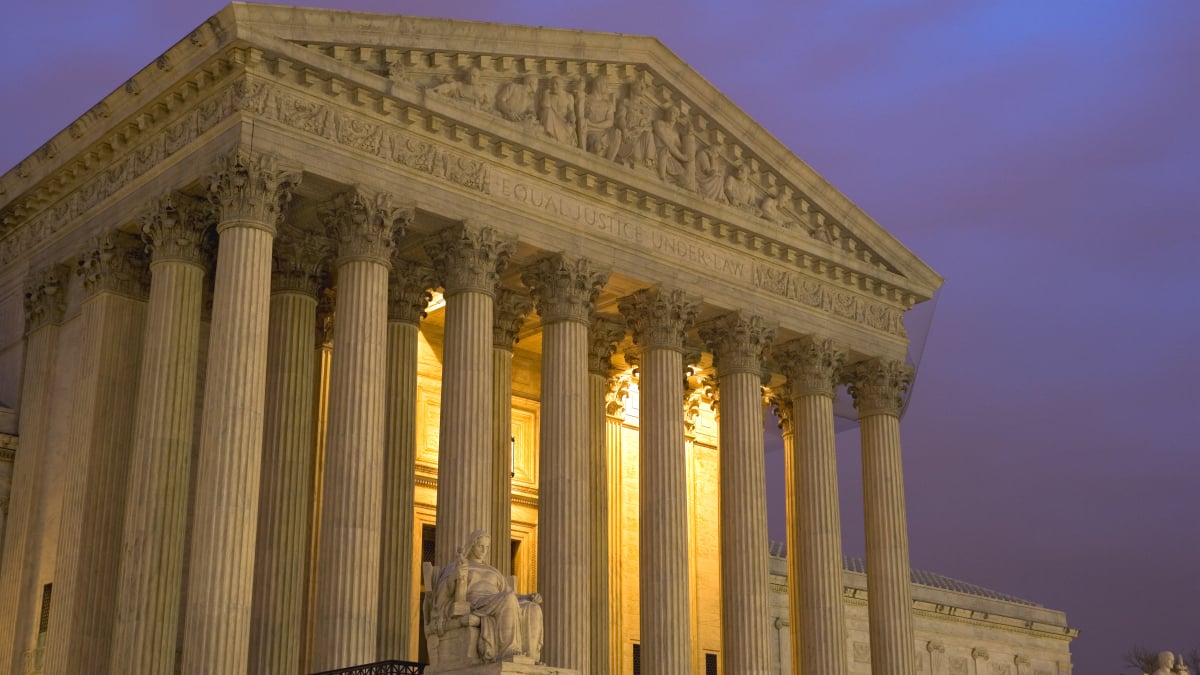The Supreme Court is currently deliberating the extent of the First Amendment’s application to social media platforms.
On Monday, the justices heard arguments in two cases questioning whether states have the authority to compel social media platforms to adhere to censorship regulations, even when the platforms consider certain content objectionable or hateful.
These cases stem from recent laws enacted in Texas and Florida following the January 6 attack on the U.S. Capitol. These laws contended that social media companies were unfairly censoring conservative voices and sought to limit their ability to moderate content.
Supreme Court Justice Samuel Alito: " Does Gmail have a First Amendment right to delete, let's say Tucker Carlson's or Rachel Maddow's Gmail accounts if they don't agree with his or her viewpoints?"
NetChoice Attorney Paul Clement: "They might be able to do that, your honor." pic.twitter.com/qWhRXB3J4T
— Tom Olohan (@tolohan) February 26, 2024
Both laws have been challenged by trade groups representing social media platforms, with the legal battle escalating to the Supreme Court. However, neither state can fully enforce its law until the Supreme Court issues its ruling.
Matt Schruers, president of the Computer & Communications Industry Association, emphasized the importance of social media companies having guidelines and terms of use to maintain a healthy online community. He argued that without the ability to moderate content, platforms would be inundated with misinformation, disinformation, and hate speech, potentially enabling harmful activities online.
"The States of Florida and Texas are attempting to control the greatest vehicle for free expression in human history." —@ChrisMarchese9
Learn more about our landmark First Amendment cases with @ccianet at https://t.co/FLEauniDZA pic.twitter.com/44pxHdicmk
— NetChoice (@NetChoice) February 27, 2024
Chief Justice John Roberts underscored the significance of the case, questioning whether the state should dictate content regulation on platforms often considered the modern public square.
The crux of the matter lies in determining whether social media companies have the autonomy to decide what content is permissible on their platforms or if government intervention is warranted.
The state contends that social media platforms are already engaging in censorship, thereby violating the First Amendment.
The justices are grappling with categorizing social media platforms, comparing them to utilities like phone companies, editorial entities like newspapers, or entities with entirely different dynamics.
Ultimately, the Supreme Court’s ruling could significantly influence the landscape of free speech on the internet.
The scope of this ruling is unclear, particularly regarding which social media platforms it encompasses. While major platforms like Facebook, Instagram, Reddit, and X are likely included, uncertainty remains regarding others such as Uber or Venmo.
The Supreme Court is expected to issue its decision by the end of its term, typically during the summer months.
Christianna Silva, Senior Culture Reporter at Mashable, contributed to this article, focusing on tech and digital culture, particularly Facebook and Instagram.
























